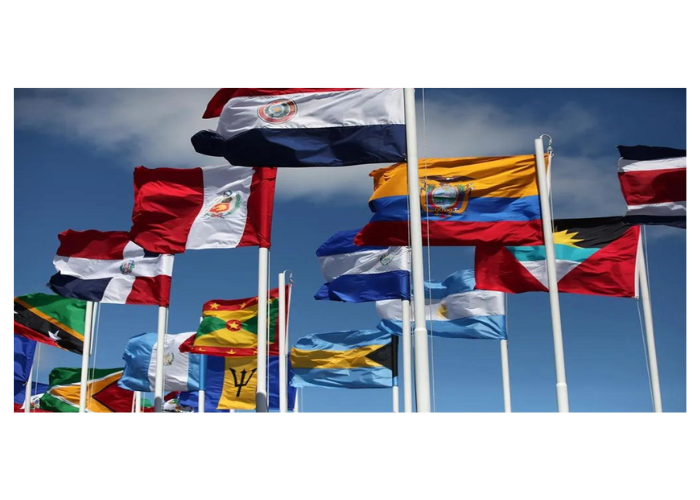This website use cookies to ensure you get the best experience on our website

P.IR.A.M.iD
2023-1-ES01-KA220-VET-000157060
Working in Latin America: between human warmth and time flexibility
24 March 2025

In today’s globalized professional world, understanding cultural nuances is essential for effective collaboration. Latin America, with its rich cultural diversity, is a striking example of how human relationships and perceptions of time shape workplace practices.
Human warmth at the heart of professional relationships
In Latin American cultures, interpersonal relationships are central. Professional interactions are often characterized by friendliness, emotional expression, and closeness. Conversations may be lively and include expressive body language, an approach that helps foster strong bonds and a warm working environment.
Richard D. Lewis in When Cultures Collide highlights this trait while describing multi-active cultures, typical of Latin America: “Multi-active cultures are very flexible. If Pedro interrupted Carlos’s conversation, which was already in the process of interrupting Sven’s tennis, this was quite normal and acceptable in Portugal”.
A flexible approach to time
Unlike linear-active cultures, where time is structured and schedules are strict, Latin America tends to have a more fluid view of time. Schedules can be adjusted based on circumstances, with a focus on completing human interactions rather than strictly adhering to deadlines. Lewis illustrates this flexibility by comparing how different cultures perceive time: “Spaniards, Italians and Arabs will ignore the passing of time if it means that conversations will be left unfinished. For them, completing a human transaction is the best way they can invest their time.” In this way, these cultures automatically strengthen human relationships.
For professionals from cultures where punctuality and planning are highly valued, it is crucial to understand and respect this different approach to time, which involves the flexibility of being ready to adapt plans and timelines based on relationship needs, as well as the patience of understanding that decision-making may take longer, as it is often based on trust. And what a better way to show personal engagement then investing in strong personal relationships beyond transactional business.
In summary, working in Latin America requires a deep understanding of the importance of human connection and time flexibility. By adopting an empathetic and adaptable approach, professionals can build successful and lasting partnerships in this dynamic region.
Resources:
When Cultures Collide. Leading across cultures (Third edition). Richard D. Lewis. Printed in Finland by Bookwell, 2006, 1999, 1996.

This project has been funded with support from the European Commission.
This publication reflects the views only of the authors, and the Commission cannot be held responsible for any use which may be made of the information contained therein.
